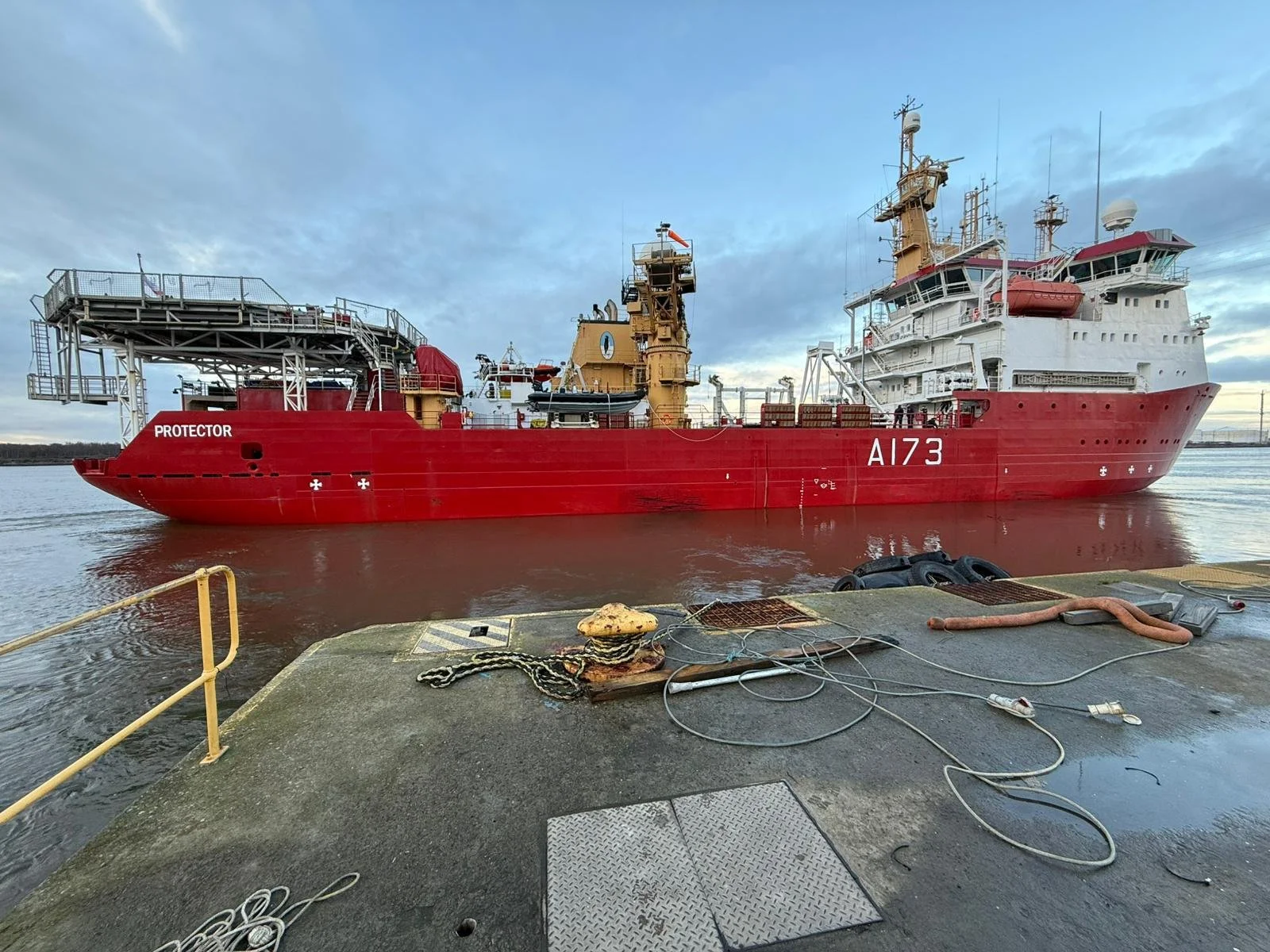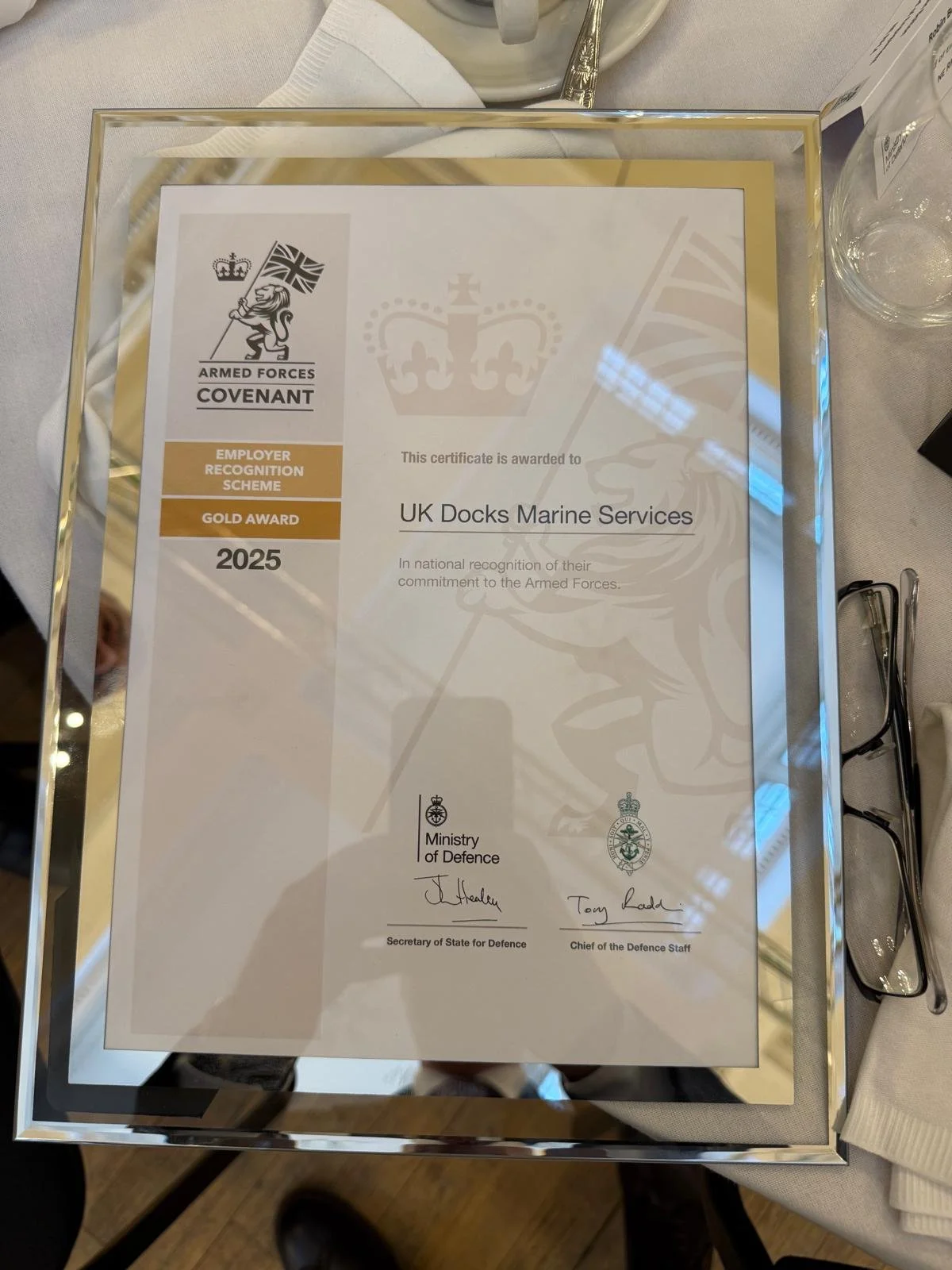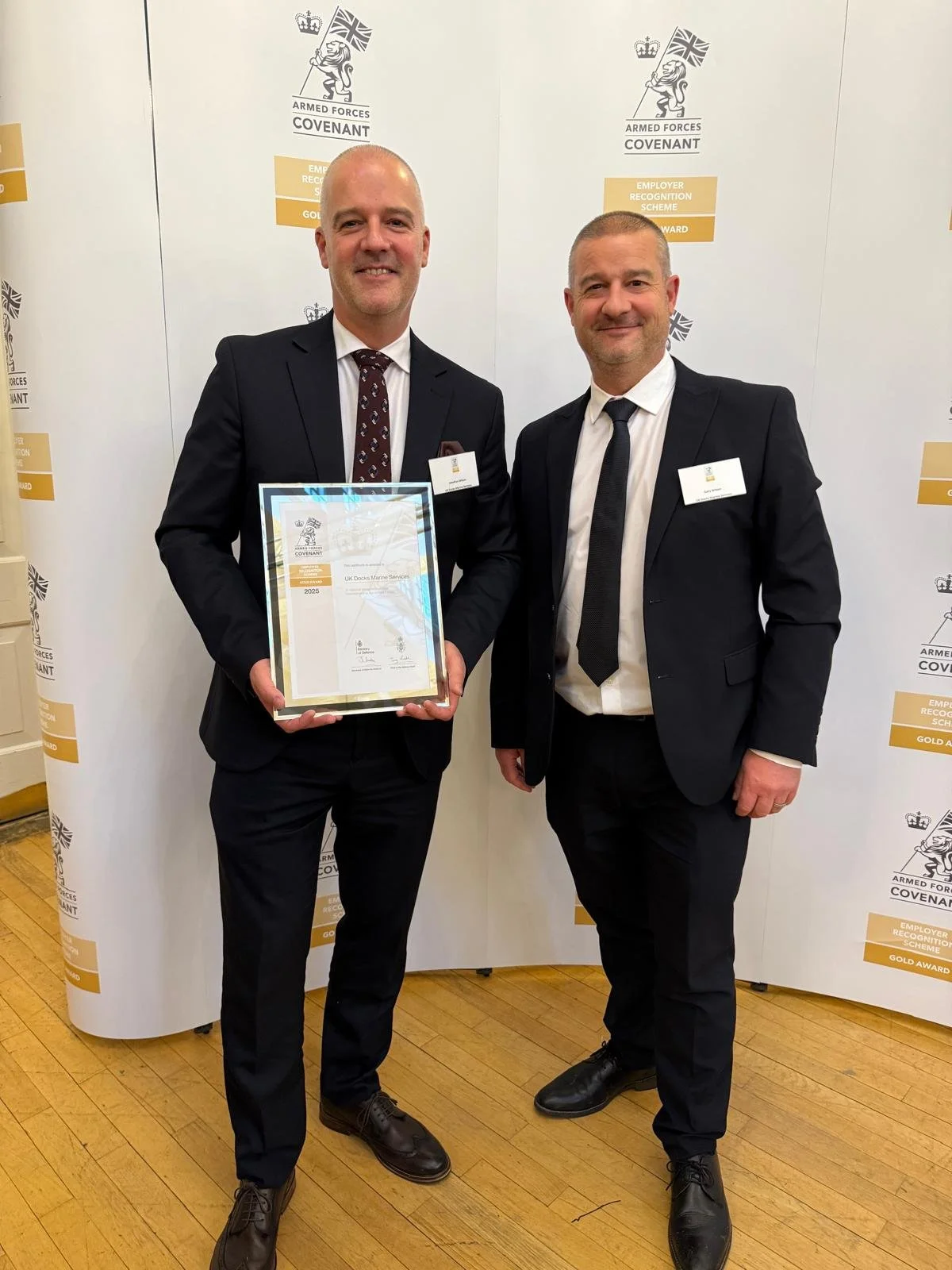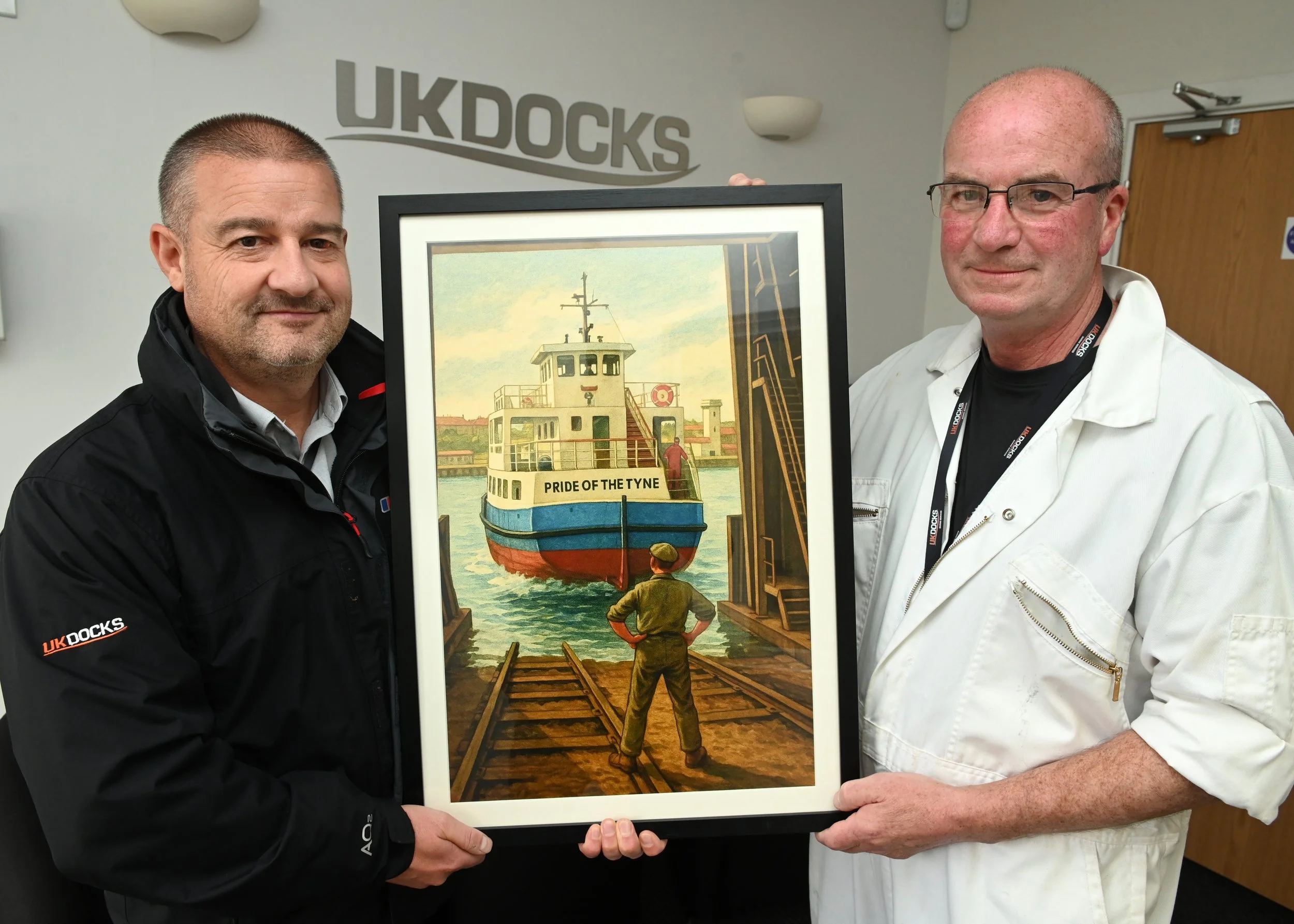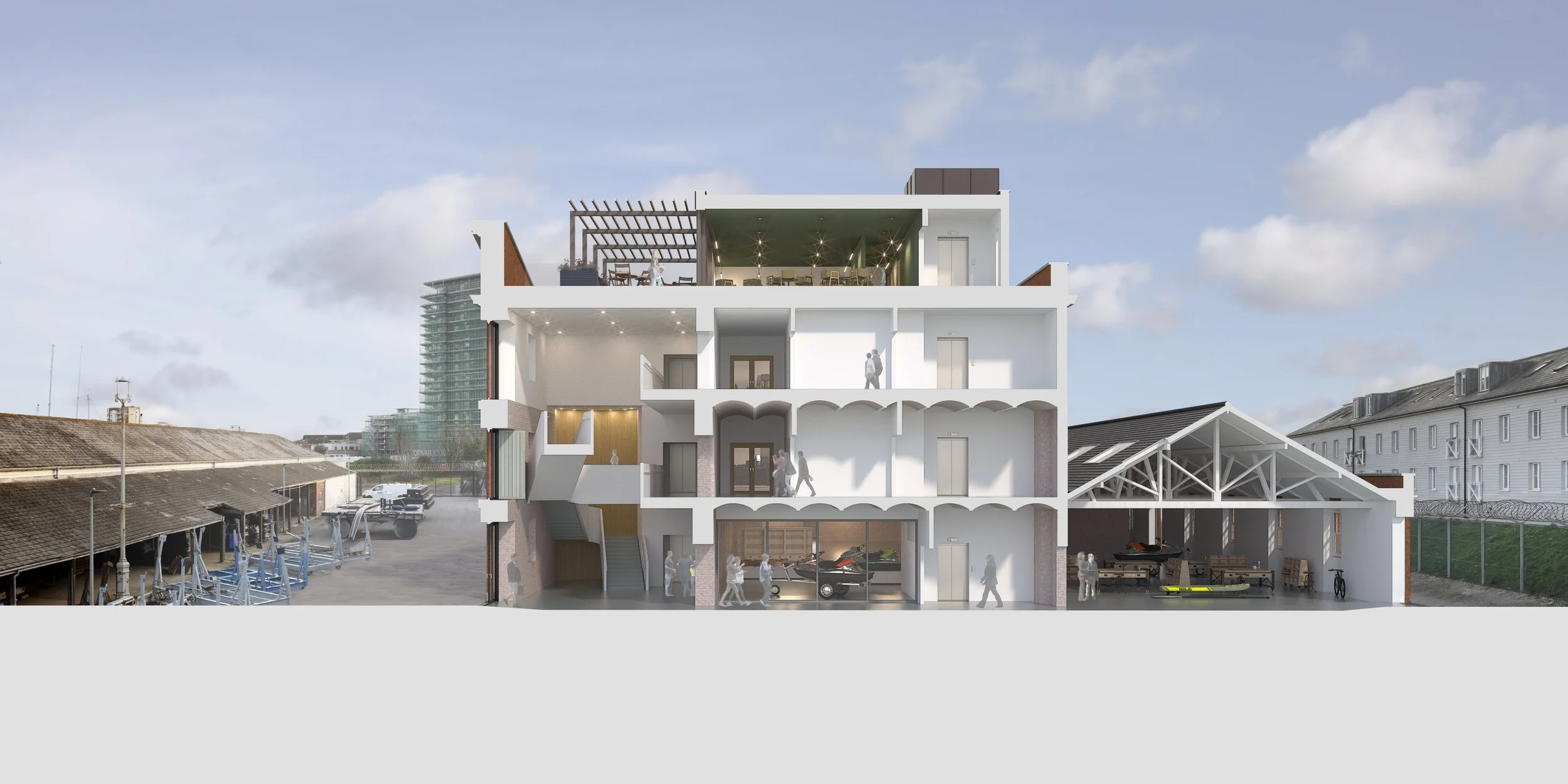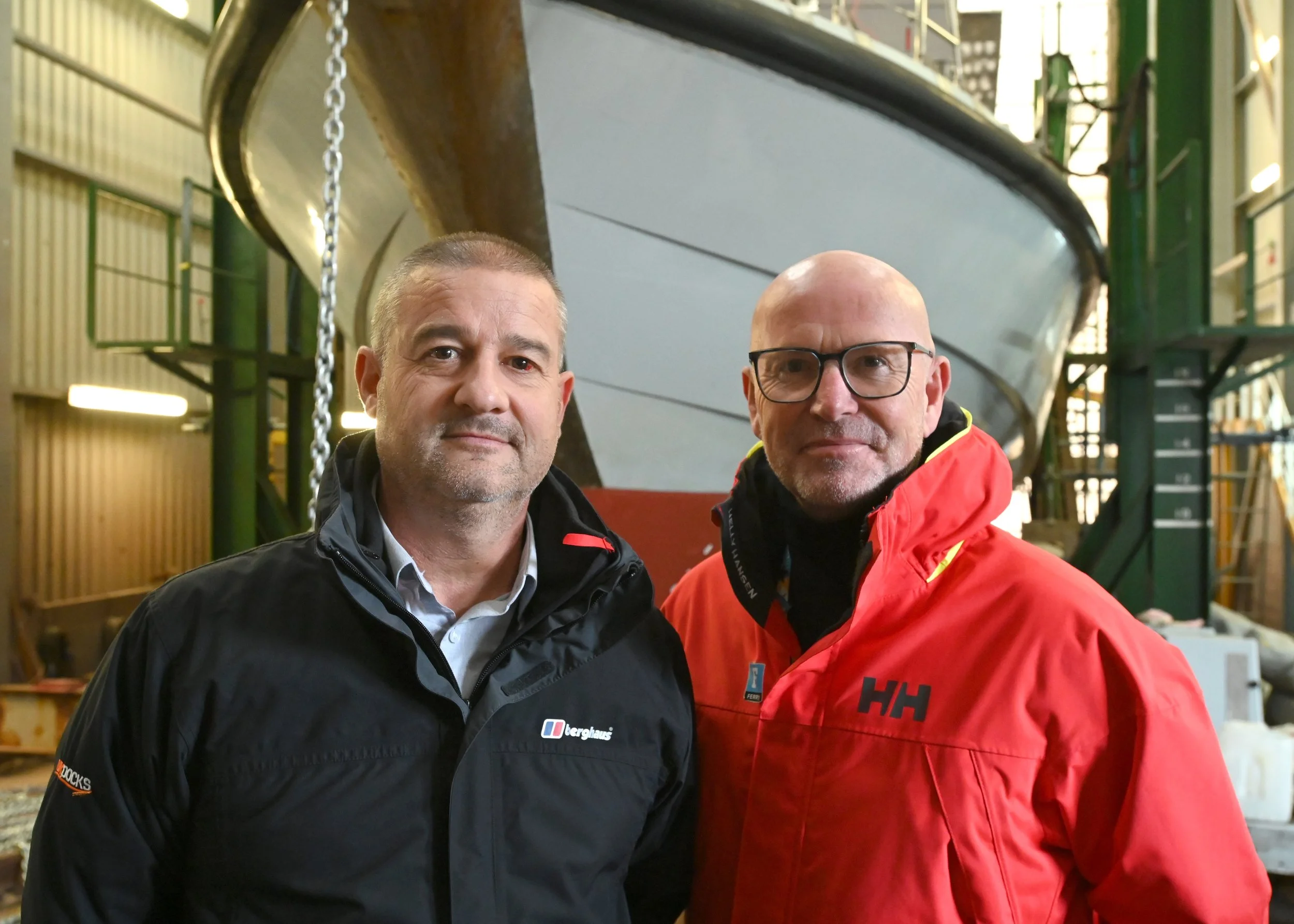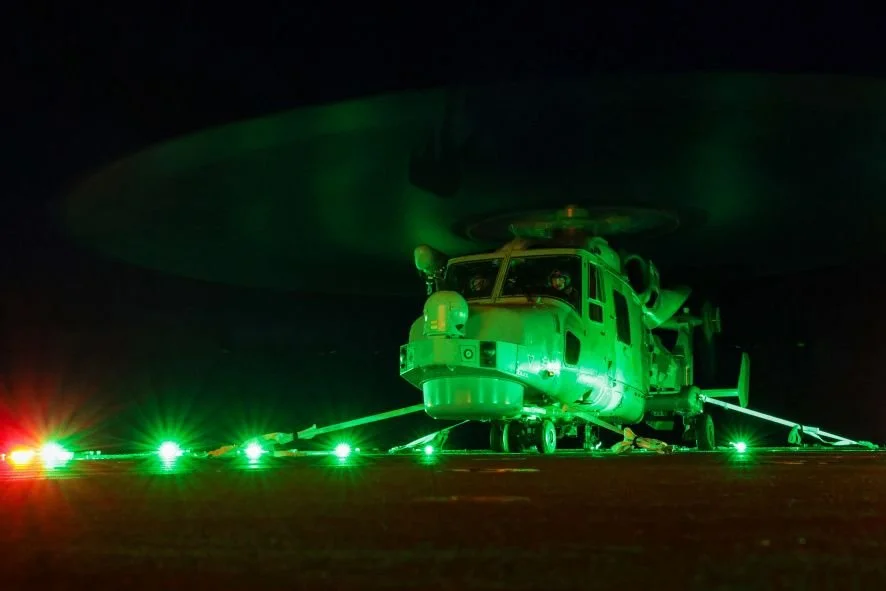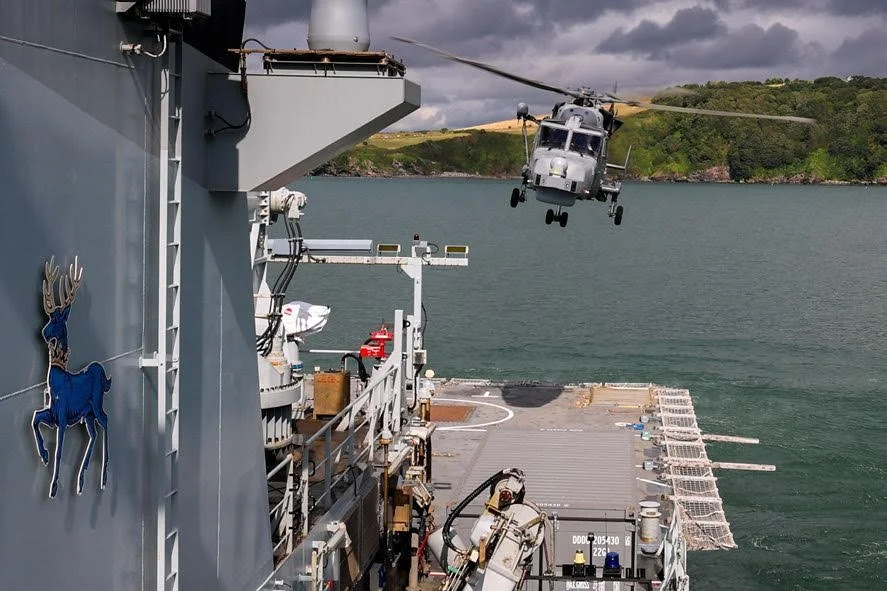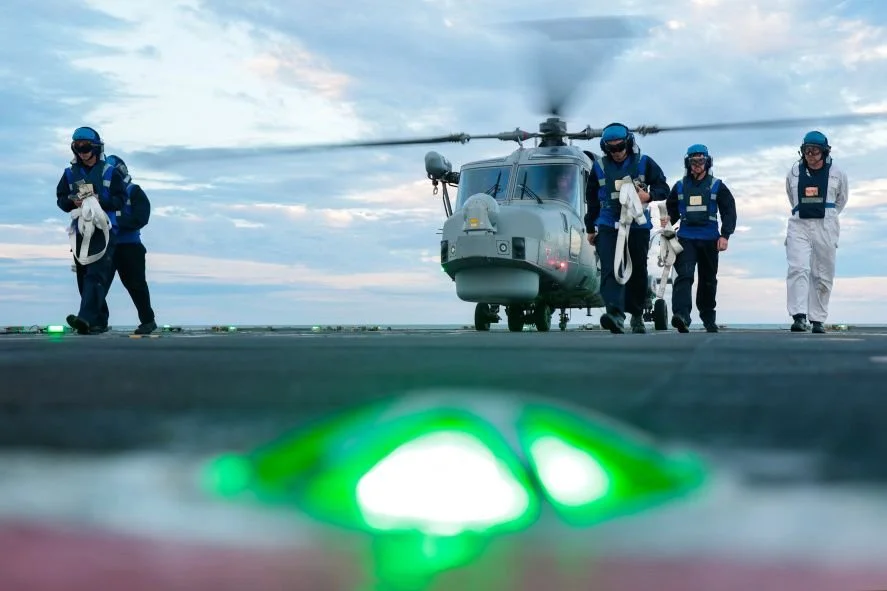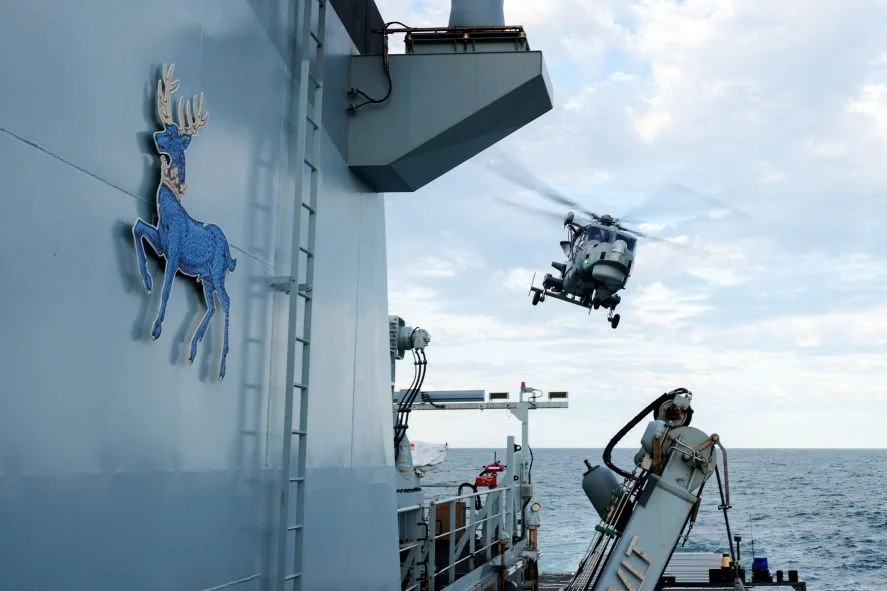WARM words were left ringing in the ears of UK Docks workers on Teesside when HMS Protector departed last month after a lengthy stay.
The Royal Navy’s specialist icebreaker entered dry dock in May last year for extensive works, including upgrades during its five-year refit, leaving dry dock in August to moor alongside for final works ahead of its December departure.
Steady as she goes.. HMS Protector leaves UK Docks Marine Services Teesside and prepares to return to sea.
And as she set sail, the ship’s commanding officer, Captain Tom Weaver, AFNI OBE RN, praised the quality of the work and the level of collaboration between UK Docks and the crew, which ensured the vessel returned to sea in the best possible condition.
Captain Weaver said: “As we sail from the Tees, following our five-yearly docking and maintenance period, I would like to thank UK Docks Marine Services for their hard work and support in working alongside the ship's company to return HMS Protector to sea.
“We've achieved a great deal in the last few months and are now ready to commence trials and training ahead of recommencing operations as the Royal Navy's ice patrol ship.”
HMS Protector has been a regular visitor to UK Docks’ Teesside facility in recent years, following the company's 2019 contract to service the vessel.
But the most recent stay has been a long one as the five-year refit with upgrades marked a major boost to the ice patrol ship, which was launched in Norway in 2001.
After leaving Teesside, HMS Protector returned to her home port of Devonport on the south coast for trials ahead of deployment.
As the Royal Navy’s only icebreaker, HMS Protector is also one of the most active vessels in the fleet, spending, on average, 330 days a year patrolling the waters of Antarctica and the southern hemisphere.
The 292ft long, 5,000-ton vessel, which has its own helicopter pad, is primarily used to support scientific and survey research but has also provided fishery patrols and humanitarian and community assistance.
UK Docks managing director, Jonathan Wilson, said: “It’s always a pleasure and a privilege to welcome HMS Protector to Teesside and the team were pleased to be involved in such a thorough overhaul of the vessel.
“The work will ensure HMS Protector is in prime condition to continue her important work for the Royal Navy in frequently challenging environmental conditions.”


